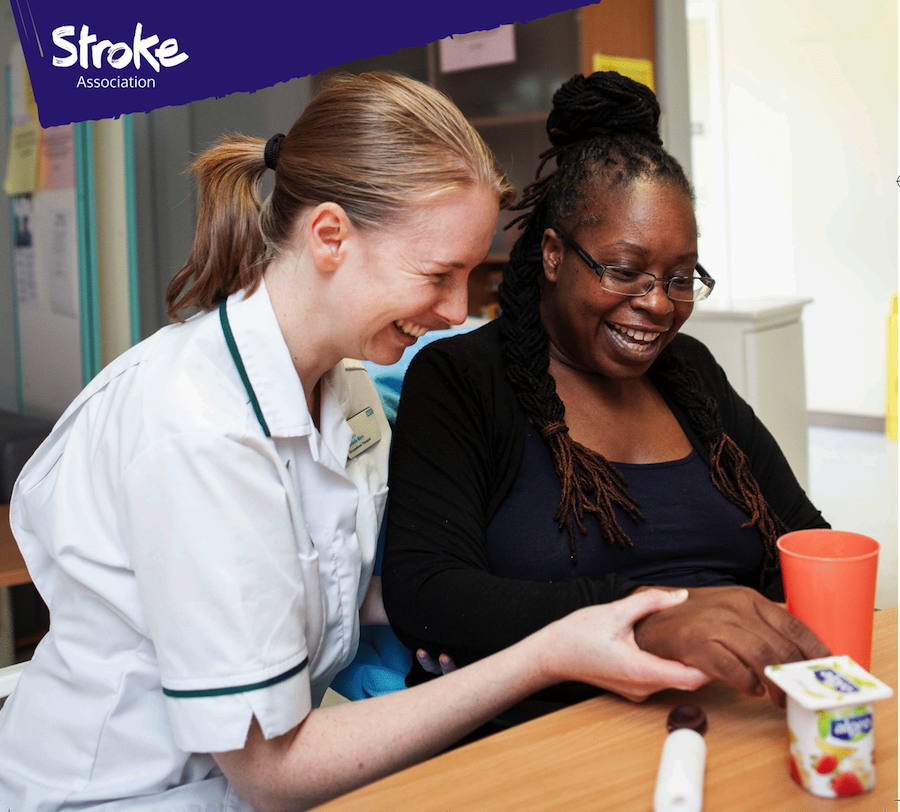Have your say on stroke research

The Stroke Association is calling on people affected by stroke in Scotland to have their say on what stroke research should be taking place.
There are over 14,000 strokes every year in Scotland and about 128,000 stroke survivors rebuilding their lives.
For the first time, the Stroke Association is funding an ambitious new project to determine the future of stroke research. The Stroke Association is working with stroke survivors and their carers, health and social care bodies, the James Lind Alliance, Chest, Heart and Stroke Scotland and other charities to deliver a set of priorities for stroke research that work best for the people that matter most.
Andrea Cail, Scottish director at the Stroke Association, said: “Stroke happens in the brain, the control centre for who we are and what we can do. It affects people differently, it could be anything ranging from affecting speech and physical ability, to affecting your emotions and personality.
“The good news is that stroke research continues to find new treatments, and also ways to improve how we can help more people live independently in their own home, return to work and rebuild lives.
“However, we want future stroke research to address the things that matter most to everyone affected by stroke and make the biggest difference to the lives of stroke survivors. Through this initiative we will develop a defined set of research priorities for stroke. But, if we are to be successful, we need everyone in Scotland who has been affected by stroke to engage with this project.
“If you’re a stroke survivor, or support a loved one who has had a stroke, this is your chance to make your views and voices heard. We invite you to get involved as stroke impacts on so many people in our communities. Our survey is open to those closely affected by stroke, from stroke survivors and the family members who support them, to people who work with stroke survivors.”
For more information and to have your say visit: www.stroke.org.uk/jla

